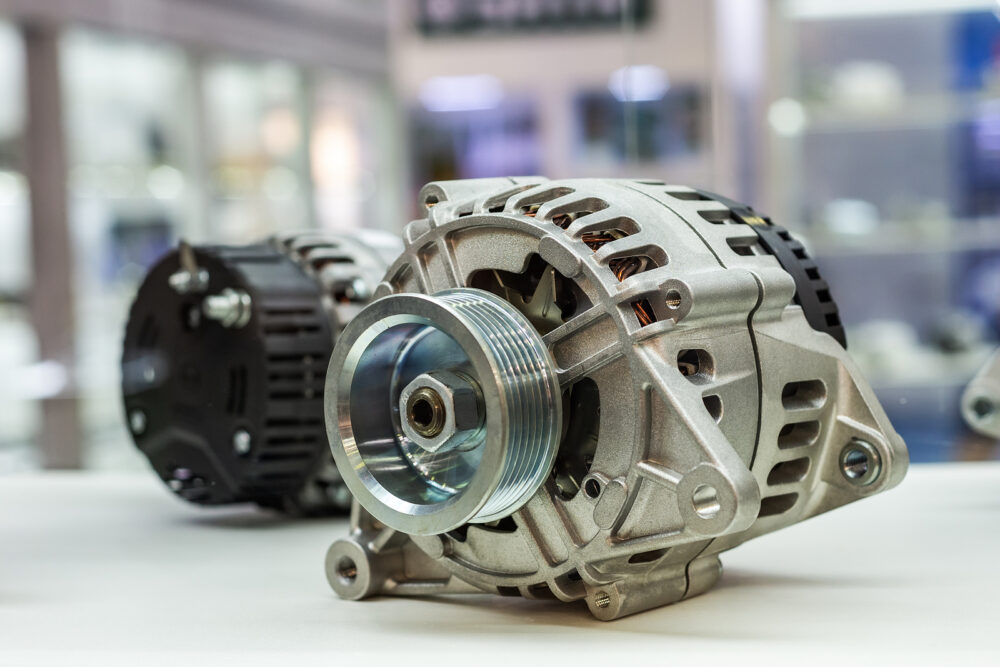Damage to your alternator: what's the cause?

Your car uses electricity to run. Although you don’t need to master physics and the concept of electromagnets to be a good driver, it helps if you understand how your car processes energy. A great place to start is the alternator.
What is an alternator?
Your car’s radio, lights, wipers, and even starting the engine make use of electricity stored in the car’s battery. But have you ever wondered why, unlike a phone battery, your traditional car doesn’t consume all its battery charge over a set number of hours? Otherwise, you’ll only be able to cover a certain number of miles before you have to charge your battery again. Well, cars have a mechanism that allows the battery to be charged as the car runs. This is the job of the alternator.
The alternator is simply a generator that converts mechanical energy into electrical energy. This electrical energy is what keeps the battery charged as the car runs.
What does it do?
The alternator is usually found on the side of the engine. It’s like a huge cylinder with a fan on one side. If you peek inside, you will see a coil of copper wires. At the center is a magnet, just like the electromagnetic setups in Physics textbooks. The fan side is connected to the engine with a drive belt. As the engine rotates this drive belt, the alternator produces electrical energy.
Sitting between the battery and the alternator is the regulator which controls the amount of energy that gets transferred to the battery to avoid a supply deficit and overcharging.
What happens when your car alternator gets damaged?
‘Since its main function is to supply energy to the battery and the electric components of a car, a bad alternator will affect all of that. You might be driving in the middle of the woods, and suddenly your car battery dies. You can still drive on a bad alternator but it will only take you a short distance before your battery gives up, regardless if it’s a new one. There is no other component in a car that can replace or overstep the function of an alternator.
What causes damage to your alternator?
Wear over time
As soon as the engine runs, the alternator spins, too. It does a continuous job so its components like the bearings and the diodes will eventually succumb to time. However, the average lifespan of alternators is estimated at around 150,000 miles, most last the life of the car itself.
Overloading
As long as you use your car as is and occasionally charge gadgets through the car, it’s no problem. But when adding gears and accessories, be mindful of power-demanding devices like huge subwoofers. Overloading will quicken the wearing of the alternator components.
Bad battery
Batteries can be power-demanding, too. If they are already bad. As the alternator’s job is to replenish the charge in a battery, a bad battery may demand more than the alternator and like in the case of overcharging, cause its quick wear.